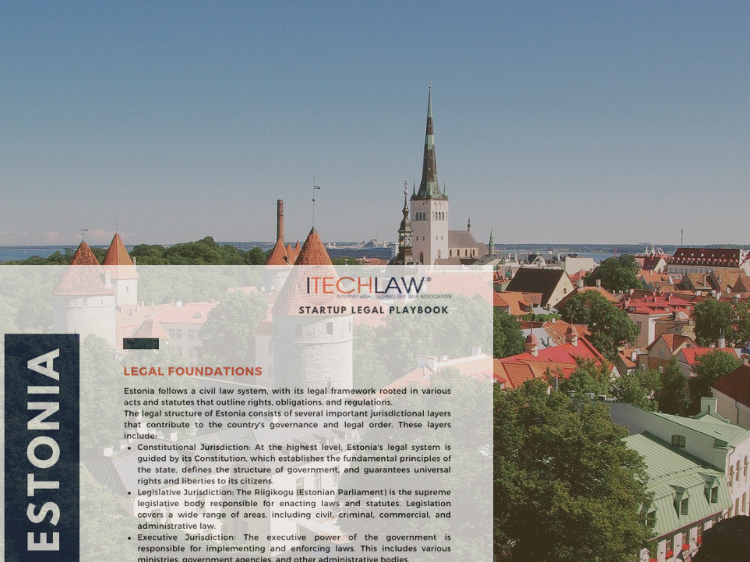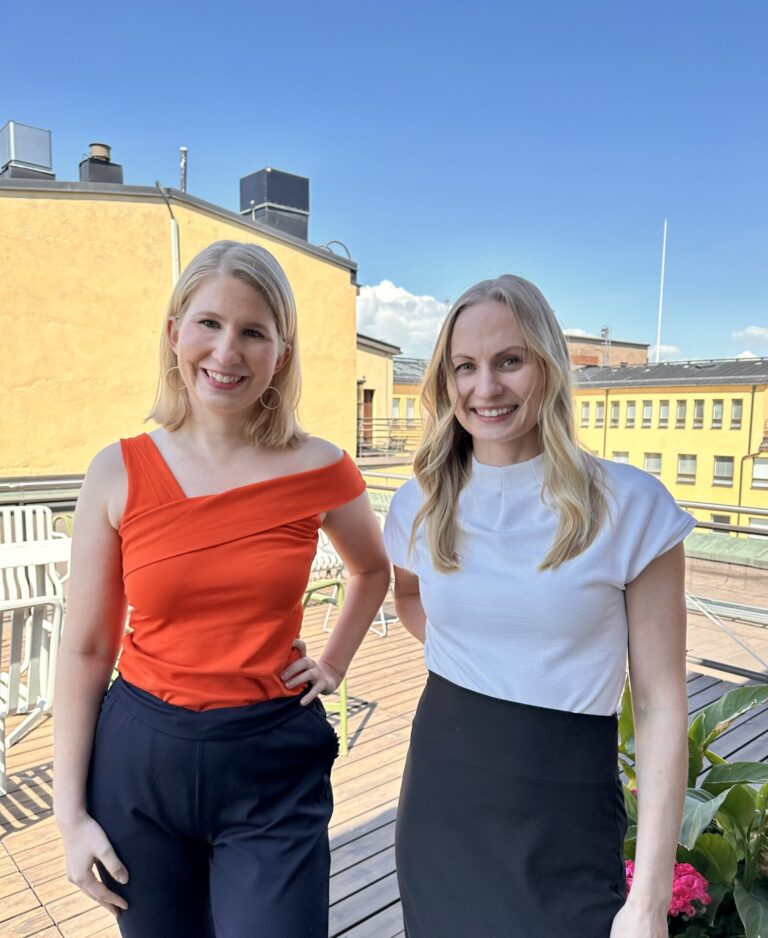
Svea Court of Appeal, having denied a request from Spain for a preliminary ruling from the CJEU regarding the validity of an intra-EU arbitral award in light of the Achmea judgment, has now granted a similar request from Italy.
By way of background to the Spanish case, in 2018 an arbitral tribunal appointed by the Stockholm Chamber of Commerce (SCC Tribunal) handed down a USD 44,359,965 award in favour of a group of European Union (EU) investors against Spain under the Energy Charter Treaty (ECT), in relation to a dispute following a series of changes to Spain’s renewable energy regulations primarily affecting feed-in tariff rates. According to the SCC Tribunal, these changes represented a breach of Spain’s ECT obligations to inter alia accord the investors with fair and equitable treatment. In making its decision, the SCC Tribunal considered Spain’s jurisdictional objection on the grounds of the Court of Justice of the European Union’s (CJEU) judgment in Slovak Republic v Achmea (Achmea), in which the CJEU somewhat controversially found that arbitral awards rendered under the dispute settlement provisions of an intra-EU bilateral investment agreement were incompatible with EU law as they affect the autonomy of EU law. However, in rendering its decision in favour of the investors, the SCC Tribunal found inter alia that the Achmea judgment did not apply to multi-lateral treaties such as the ECT, which includes member states from outside the EU. In the Italian case, a group of EU investors brought a claim against Italy under the ECT based on a broadly similar factual scenario, with the SCC-appointed arbitral tribunal in that case also rendering an award in favour of the investors.
When the Svea Court of Appeal, being the court in Sweden designated to hear applications in relation to the enforcement of arbitral awards, made its decision in the Spanish case, it represented one of several unsuccessful attempts by Spain for a preliminary ruling from the CJEU on the validity of certain ECT arbitral awards arising from claims based on the same factual circumstances outlined above. In the Spanish case, the Svea Court of Appeal took the view that nothing had so far been presented to “motivate a request for a preliminary ruling from the CJEU”. This was in contrast to a Belgian request for a preliminary ruling from the CJEU on the same subject following the decision of an intra-Belgian coordination body for European matters. However, in the Italian case, the Svea Court of Appeal has now decided to request a preliminary ruling from the CJEU.
Magnusson comment
While the results of the CJEU’s preliminary rulings on the Belgian or Swedish requests will not be known for some time, it is unlikely to settle the matter entirely. Arbitral tribunals are empowered to rule on their own jurisdiction and it is likely many intra-EU arbitral awards rendered under the ECT will continue to follow the reasoning of the SCC Tribunal, in spite of the Achmea decision. However, for EU investors seeking to take advantage of the protections of an investment treaty such as the ECT in another EU member state, it may be worth considering a possible corporate restructure to a non-EU jurisdiction before any dispute arises to avoid the risk of losing that investment treaty protection if the CJEU considers that intra-EU arbitral awards rendered under the ECT are covered by the Achmea ruling.
If you would like further advice on investment protection and structuring or on questions of dispute resolution more generally, please do not hesitate to contact our Co-Heads of Dispute Resolution in Sweden, Magdalena Berg and Johan Molin.
Contact

Magdalena Berg
Partner / Head of Dispute Resolution and Employment
Dispute Resolution, Employment, International Arbitration
Send me an email +46 8 463 75 00 +46 70 775 57 25









